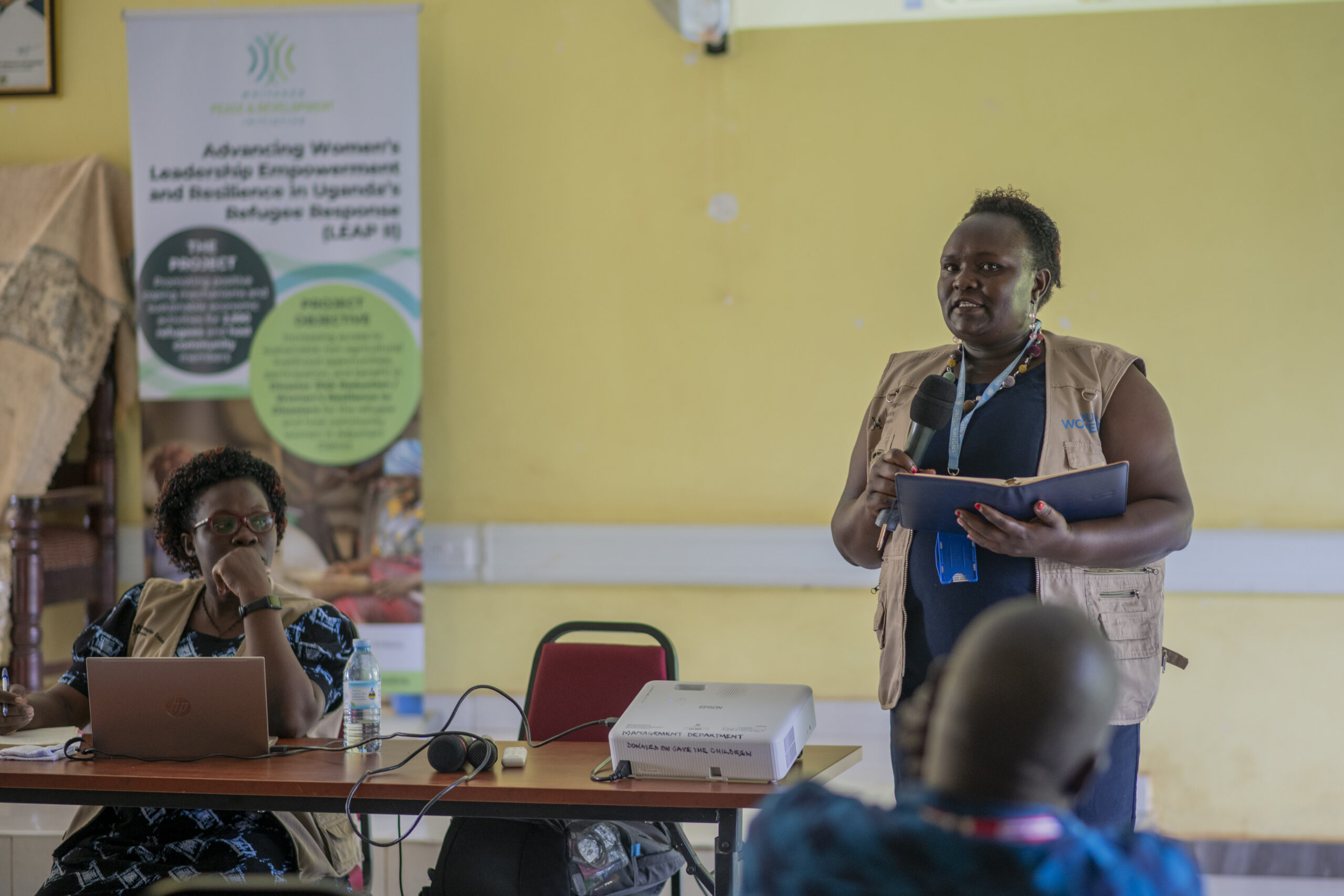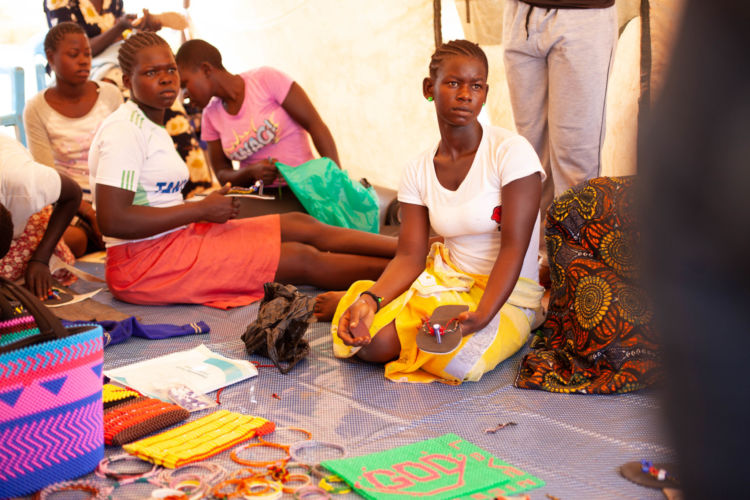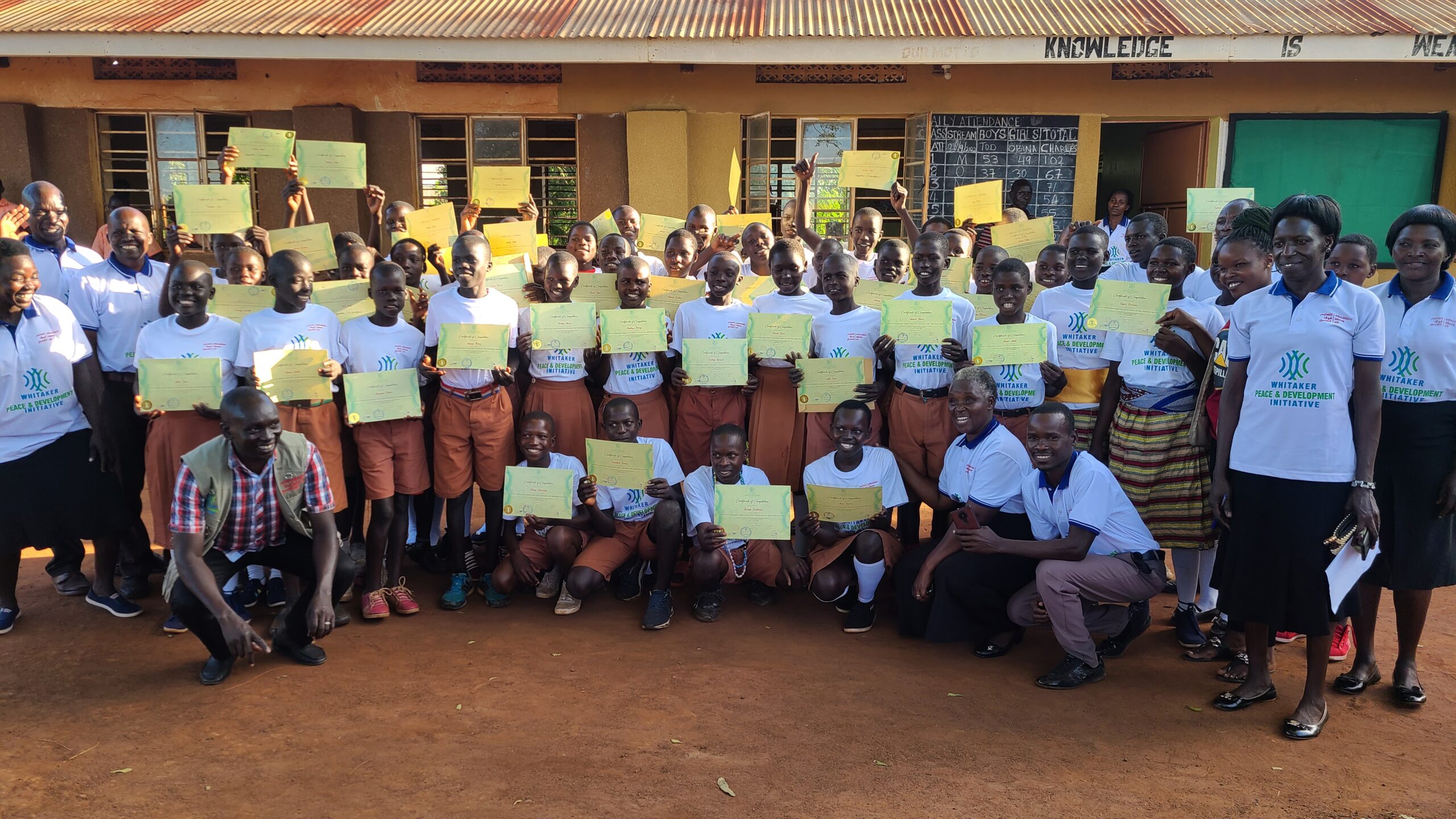Karamoja Sub-Region

The population of Karamoja is young with the average age being 15 years
 74.2%
74.2%
of people in Karamoja live in poverty, one of the highest poverty rates in Uganda.
 3%
3%
of individuals aged 10 years and older in Karamoja reported using the internet within the last 12 months — the lowest among Uganda’s sub-regions.
 30.4%
30.4%
literacy rate among people aged 10 and above reflects significant educational barriers

The Karamoja Sub-Region of Northeastern Uganda, home to an estimated 1.6 million people, remains the poorest part of the country, with widespread poverty, chronic food insecurity, and some of the highest youth vulnerability indicators in Uganda. Many young people face limited access to education, scarce employment opportunities, and persistent barriers to economic participation, leaving a large share of the youth population out of work, out of school, or engaged in precarious livelihoods. In this context, shaped by pastoral livelihoods, climate stress, and decades of insecurity linked to cattle raiding, WPDI has worked since 2020 to mobilize women and youth as agents of transformation, fostering peace, resilience, and sustainable opportunities across the sub-region.

Our work in Karamoja is anchored in the Moroto Community Learning Center (CLC), which has grown into one of the most trusted spaces for learning, support, and community engagement. The center provides free access to education, digital resources, and skill-building opportunities through programs in Conflict Resolution Education, Information & Communications Technology, Business & Entrepreneurship, and Arts & Crafts. It also serves as a safe environment for dialogue and collective action, bringing together youth, women, elders, teachers, and community leaders to address local challenges through nonviolent approaches.
To support individuals affected by cycles of violence, displacement, and trauma, the CLC offers Trauma Healing and Sexual & Reproductive Health programs that provide opportunities for reflection, psychosocial support, and recovery. Dedicated activities for women, help participants gain income-generating skills and build stronger livelihoods for their families.
WPDI’s Peace Through Sports and Cinema for Peace initiatives further enhance social cohesion by combining recreation, storytelling, and education to bridge divides across age groups, tribes, and communities. These programs help children and youth cultivate teamwork, conflict-resolution skills, and a sense of belonging, contributing to a more peaceful and united Karamoja.
Above all, the Community Learning Center has become a space of dignity and possibility, where participants regularly share how deeply WPDI’s programs have strengthened their confidence, expanded their opportunities, and restored hope for the future.

Surveys we ran in 2024 among former trainees at our CLC revealed that
- 98% of teachers agreed that WPDI’s activities help prevent bullying and reduce school-based violence.
- 42.9% of livelihood trainees reported that they were able to start their own business after completing their course.
- 96% of teachers stated that WPDI’s curriculum contributes to more positive, supportive, and constructive learning conditions.
A snapshot of WPDI’s impact in the Karamoja Sub-Region in 2024:
 40,000+
40,000+
people were reached through WPDI programs across Karamoja
 14,900+
14,900+
people were reached by WPDI’s Lead Youth Peacemakers, who together with 205 trained Youth Peacemakers
 1
1
Community Learning Center
 5,200+
5,200+
people benefited directly and indirectly from WPDI-supported SMEs, which included 188 enterprises receiving grants, coaching, and follow-up support and generating 1,348 new jobs across the sub-region
 10,000+
10,000+
people participated in WPDI’s peacebuilding efforts, including 3,060 community members engaged in local dialogues and 1,071 individuals trained in conflict resolution skills,